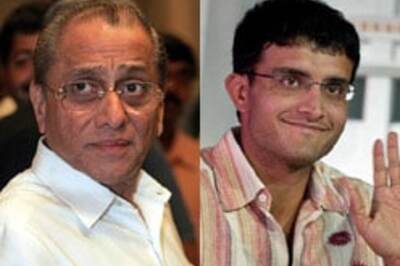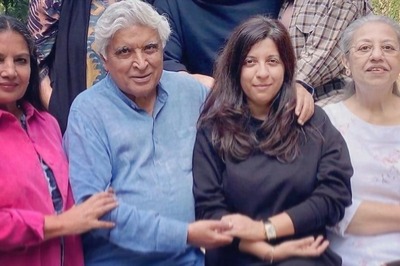
views
New Delhi: Retired Lieutenant General Deependra Singh Hooda, in a report on national security, said that the deprivation of the Adivasi tribes, and their 'exploitation and displacement' due to large-scale mining activities was the root cause of Left Wing Extremism or Naxalism in the country.
In a report commissioned by the Congress titled India's National Security Strategy, Lieutenant General Hooda wrote that tribal youth – left out of the 'conspicuous wealth creation generated by mining, or even in government employment' – formed the bulk of the Maoist foot soldiers and field commanders.
"The government must address the aspirations of the tribal communities by bringing in development while respecting their traditional rights and practices," the report said, adding "This will require visible improvement in governance, a transparent justice system, and suitable land reforms."
Hooda said that social inequality in India could create a large section of disaffected people and lead to a 'significant' national security threat. "These risks, if not addressed, can create a large, disaffected section of the population and confront us with a more significant challenge to our national security than external threats," Hooda wrote in the report. "As India becomes economically stronger, the benefits must flow down to all our citizens in an equitable manner."
The report emphasised a serious focus on inequality and said the India's wealthiest 1 per cent owned more than 50 per cent of total wealth. "In this age of information and understanding, the rich-poor gap has to be addressed so that it does not cause social disharmony," Hooda wrote.
According to Hooda, sustained economic growth that was 'equitable' and created 'opportunity for all' was needed. The retired Army officer said that unemployment, high gender inequality in employment, and vulnerable employment needed to be tacked with urgency.
Hooda said that to address social inequality, India must change its education system, provide health care for the poor, improve agriculture policies, ensure gender equality, and equitable distribution of the gains of India’s economic growth.
Hooda said technological disruptions taking place in India were also a cause of inequality. "People without digital access are in the danger of being entirely left out of the benefits of emerging technologies," he said, quoting a 2017 Pew Research Centre survey that said that only one in four Indian adults used the Internet or owned a smartphone. Such technologies, Hooda wrote, were likely to be available only to the wealthier sections of the population, and could further add to "a sense of marginalisation and inequality among segments of the population."
















Comments
0 comment